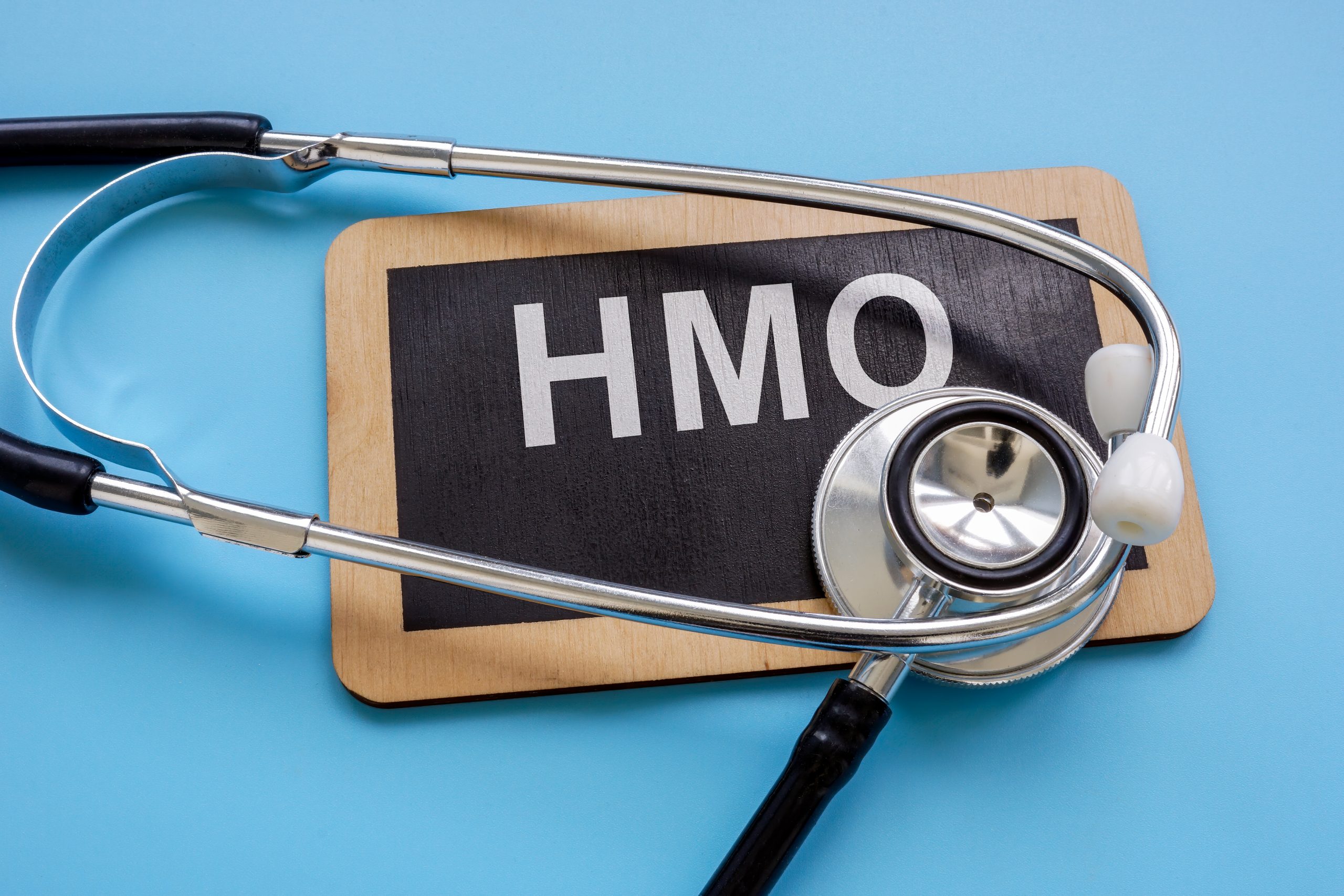With COBRA, you can avoid a lapse in coverage for up to 18 months (coverage can be extended to 29 months if you are considered disabled by the Social Security Administration).
According to the U.S. Bureau of Labor Statistics, more than half of Americans have healthcare coverage through their employer. Should you leave your employer, one option for continuing healthcare coverage is COBRA, which stands for the Consolidated Omnibus Budget Reconciliation Act.
While COBRA is a convenient continuation of your job-based coverage that would otherwise be terminated, it isn’t a permanent solution, and it comes with certain considerations around eligibility and costs.
Eligibility
Not everyone is eligible for COBRA. According to the Department of Labor, you are entitled to elect COBRA continuation coverage if the following apply:
- You experience a qualifying event, such as:
- Job loss (for anything other than gross misconduct)
- Reduction in employment hours
- Divorce or legal separation from a covered employee
- Covered employee passes away
- Covered employee becomes eligible for Medicare
- You lose your status as a dependent child
- Your health plan is covered by COBRA (organizations with fewer than 20 employees are not required to offer COBRA), and you were covered by the plan the day before the qualifying event.
The Cost of COBRA
Oftentimes when you have coverage through your employer, they share the monthly premium costs. However, a COBRA coverage premium will be more expensive than what it was under your group health plan because you pay both your portion of the premium and what the employer paid. For example, if you only paid 20% of the premium and your previous employer paid 80%, under COBRA you will be financially responsible for 100% of the premium.
It’s important to be aware of what you will be responsible for paying each month if you elect COBRA coverage because you risk losing your COBRA coverage immediately if you are late making a payment. If you have an HSA, you can use those funds to pay COBRA premiums.
Enrolling in COBRA
You have a 60-day window from when you are given notice whether you want to enroll in COBRA. Even if you initially waive your coverage, you can still enroll later if it’s still within the 60-day window (for example, on day 57), however, the coverage is retroactive, meaning you would have to backpay those first 57 days.
Alternatives to COBRA
- Enroll in a spouse’s plan — If your spouse has health coverage offered through their job, you (and your dependents who were covered by your coverage) can enroll in their employer’s plan since your coverage loss is a qualifying life event.
- Enroll in a parent’s plan — You can enroll in a parent’s employer’s coverage (due to your qualifying event) if you are under 26 years of age and lose your coverage.
- Purchase a federal or state marketplace policy — After losing your coverage, you have 60 days to purchase new coverage through the federal government’s marketplace (healthcare.gov) or your state’s marketplace (if your state offers one).
- Purchase private insurance — If you want to explore more plan options than what the public marketplace offers, you can work with insurance companies, a local health plan agent or broker, or health insurance seller to find plans from multiple carriers.
Health coverage is necessary for most Americans, and it’s important to weigh all your options and find the solution that fits your and your dependents’ needs.
Sources:
https://www.dol.gov/general/topic/health-plans/cobra
https://www.dol.gov/sites/dolgov/files/EBSA/about-ebsa/our-activities/resource-center/faqs/cobra-continuation-health-coverage-consumer.pdf
https://www.usa.gov/cobra-health-insurance
https://www.forbes.com/advisor/health-insurance/what-is-cobra-insurance/





















